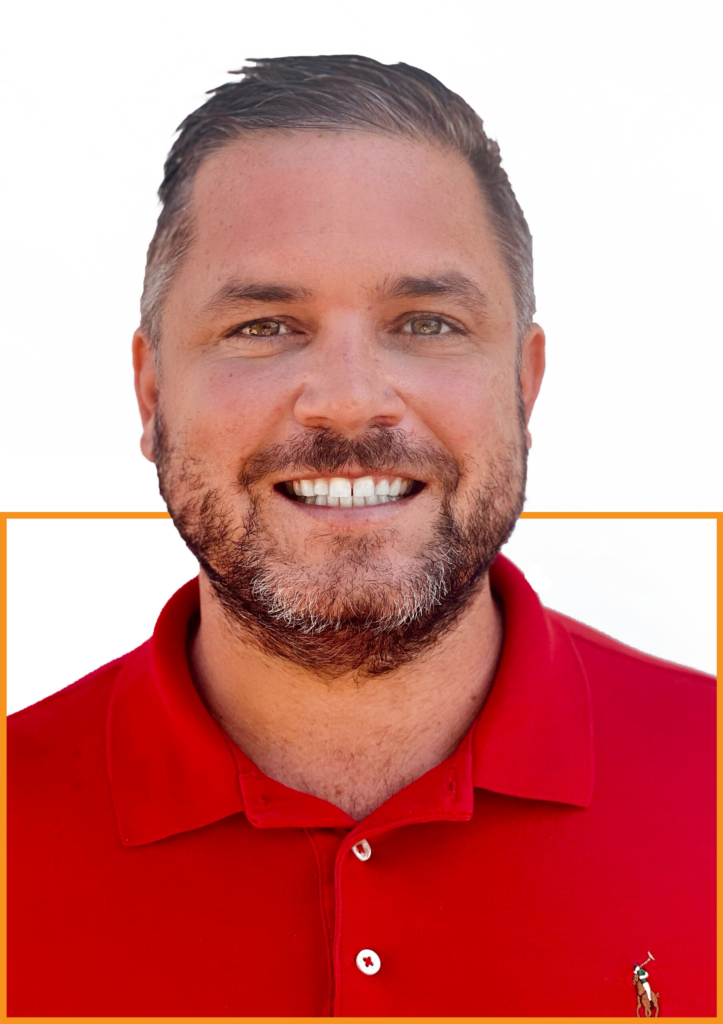How many times have you backtracked on something that was originally a hard “no”?
The idea that “no” is a complete sentence sounds great in theory but is nearly impossible to put into practice for many people. All healthy relationships are founded on the ability to set limits and maintain healthy boundaries. When you can’t stick to these limits and regularly let people overstep your boundaries, though, it leaves you feeling out of control.
This is especially true when you’re the parent of a child who is addicted to drugs or alcohol. Substance abuse and addiction flip the script on traditional family dynamics in millions of homes across the country. Parents who struggle to set and maintain effective boundaries with their children are left to watch the power balance with their children spiral out of control.
There are all sorts of reasons why you feel you can’t say “no” to your son or daughter. Maybe it seems like you’re leaving them to fend for themselves. You might believe they can’t handle things alone and need your ongoing support. Perhaps you’re worried they’ll get themselves into trouble or danger if you’re not there to step in.
Whatever the reason may be, learning to say “no” is the first step toward actually helping your child. It may seem like the opposite is true, but you must learn to set boundaries and leave them to handle their problems on their own. If you’re constantly saving them from their problems they will never have any reason to learn to handle them.
How can you learn to set limits effectively?
Recognize The Progression
It’s natural for a parent to want to help their child. Parents want the best for their children and watching them struggle feels like a personal attack. It’s difficult to watch your child start experimenting with substances but you hope that it’s a short-lived problem. They may get into some trouble but even then their requests at the beginning are innocent enough.
“Can I borrow $20?”
“Do you mind if I crash at your house for just a couple of days?”
“I’m short on rent. Would you mind floating me until I get paid next Friday?”
It’s easy to say yes to these small requests. Of course you want to help your child when they’re short on money or want to spend the night at home for a few days. These requests seem simple enough and saying no is almost unthinkable.
When you say yes to them time and time again, though, it creates a pattern and builds an expectation. Then as time goes on and their use progresses, those requests become greater. You may have felt fine helping them financially or with other problems here and there, but soon enough they’re asking for much bigger things.
“Can you watch my child for the day? I’m not feeling well.”
“I need to get bailed out, can you pick me up?”
Once you’re at this point the idea of saying no seems impossible. Your child relies on you for help whenever they get into trouble and you’re trapped in a cycle whether you recognize it or not. Learning how to set limits is the only way to get yourself out and for them to get help, but how can you start saying no now?
Reach Out For Help
Learning how to set limits is a daunting task especially after you’ve reached this point. It probably feels like saying “no” means you don’t love your child. They might even have you convinced that if you truly care about them you’ll help them, no matter what the request is. You likely feel shame and guilt if you even try telling them to handle their problems alone.
In reality, setting boundaries and saying “no” doesn’t indicate a lack of love for your child at all. Parents who care about their children set them up with the skills to handle their problems on their own. It’s difficult to wrap your head around the concept and also understand that “no” is a complete sentence, but it’s necessary to move forward.
How can you reach this point, though? Once you’re past a certain point, it’s difficult to get out of the cycle on your own. Reaching out for help is the first step toward mending this unbalanced cycle. Your child isn’t the only one who needs help, though; you deserve just as much support during this difficult time.
You must learn to set boundaries in your relationship with your child not only for their sake but for your own. The more you give in to their requests the less autonomy you have. Seeking your own avenue of support will empower you to take back some control in your life. But how can you do that?
Reach out to someone who understands how these power dynamics work. The Emerge Center for Addiction Recovery is all too familiar with the difficulties that addiction brings into a family. We’re here to help you unravel these complicated relationship patterns and help your family heal.
Schedule your no-fee Recovery Activation Call today where we can get clear on the steps to get your family back to recovery. Schedule Today












